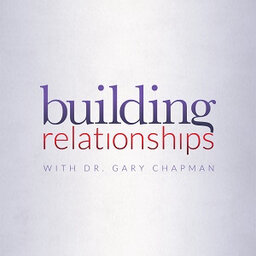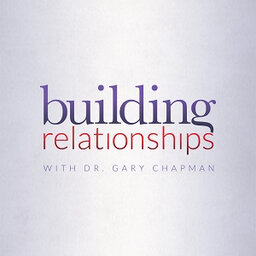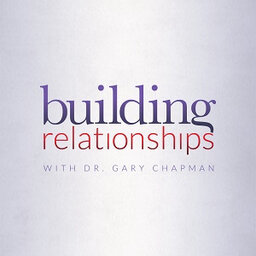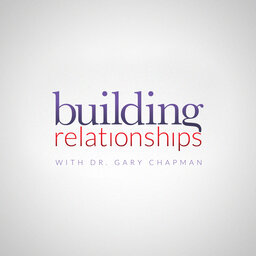I Used to Be ___: How to Navigate Large and Small Losses in Life and Find Your Path Forward | Chuck and Ashley Elliot
Finish this sentence. I used to be ___. What would you say? I used to be married? I used to be pregnant? I used to be employed? On this Building Relationships with Dr. Gary Chapman, Chuck and Ashley Elliott will talk about how to navigate the large and small losses in your life so that you can find your path forward. Don’t miss the encouragement on Building Relationships with Gary Chapman.
Featured resource: I Used to Be ___: How to Navigate Large and Small Losses in Life and Find Your Path Forward
In 1 playlist(s)
Building Relationships
Hosted by Dr. Gary Chapman, Chris Fabry and Andrea Fabry, Building Relationships is a weekly 54-minu…Social links
Follow podcast
Recent clips

God is Not Fair | Jennifer Rothschild
47:14

Sunday Evenings With Joni | Ruth Schleppi-Verboom
45:55

The Love Language That Matters Most | Drs. Les & Leslie Parrott
49:03
 Building Relationships
Building Relationships